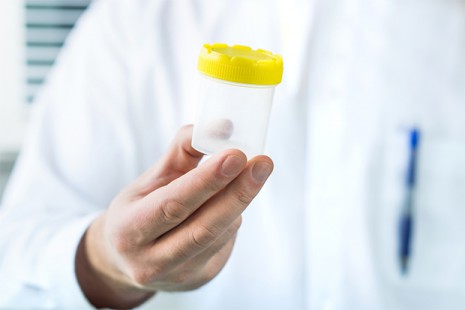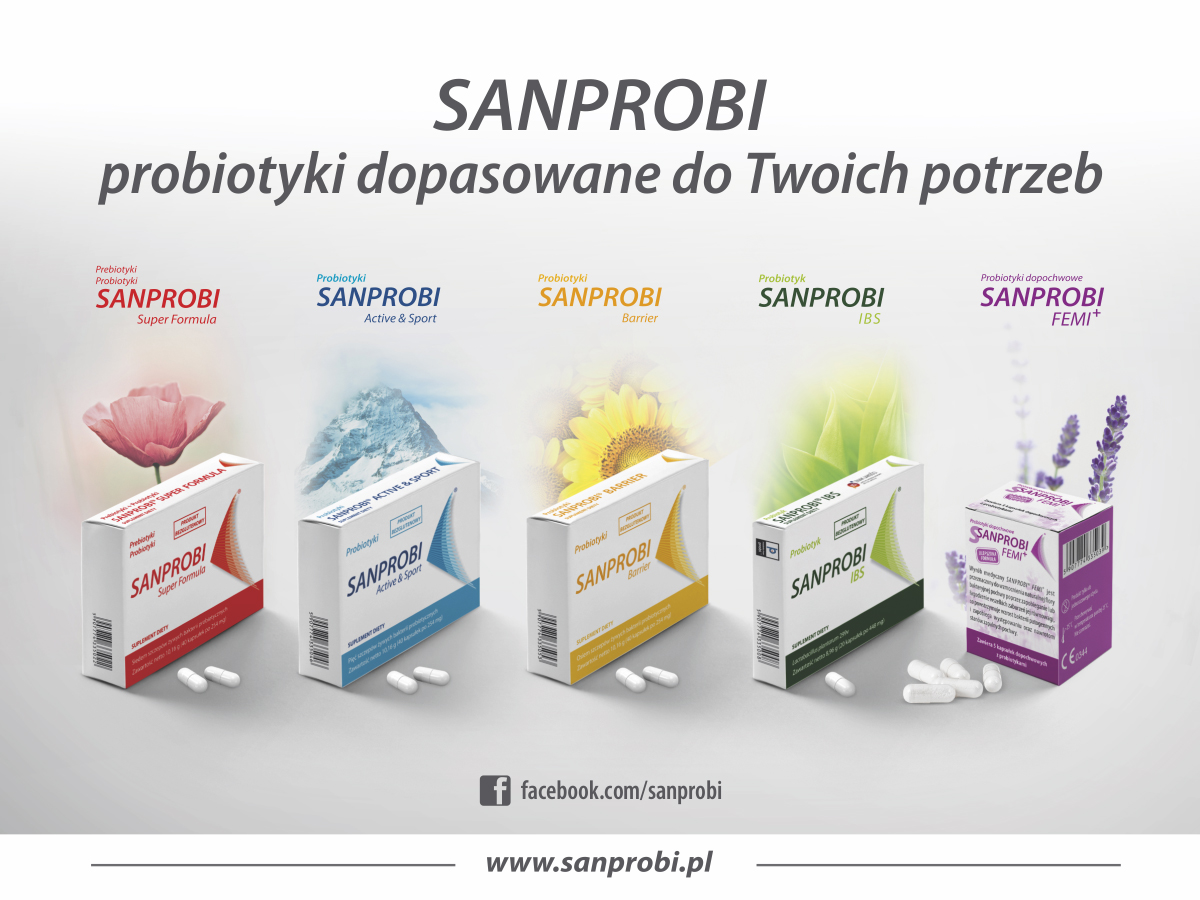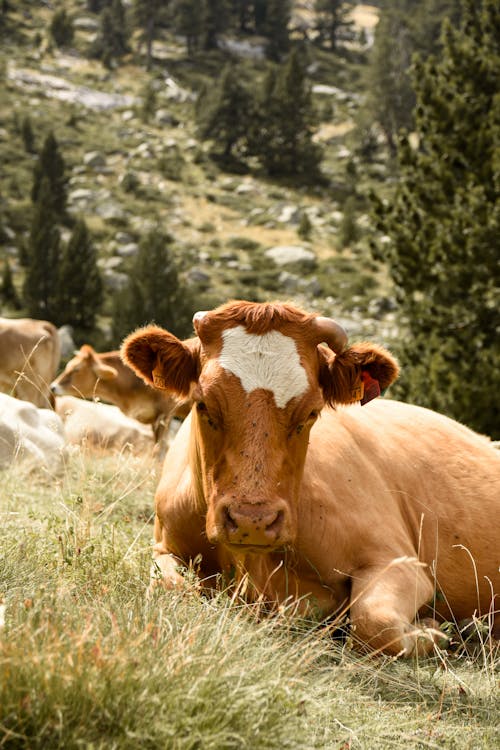Wino w czarnym kieliszku i przy czerwonym świetle jest słodsze, głośniejsze chrupanie sprawia, że chipsy wydają się świeższe, a sprzedaż ryby zwanej kłykaczem wzrosła o 1000 procent gdy jej nazwę zmieniono na antar patagoński. Jak zdefiniować gastrofizykę? Czym jest „pornografia spożywcza”? Jakie korzyści i zagrożenia płyną z przyjemności jedzenia? O tym w najnowszej książce wydanej przez Świat Książki.
Nie zmarnuj wakacji! Skorzystaj z probiotyków!
Czy wiesz, że osoby szczupłe i otyłe mają odmienny skład bakterii jelitowych? Czy wiesz, że odpowiednie bakterie jelitowe mogą ułatwić odchudzanie? Czy wiesz, że bardzo intensywny wysiłek może zaburzać funkcjonowanie jelit?
PRZYPISY
- Stanton M. V. et al., DIETFITS study (diet intervention examining the factors interacting with treatment success) - Study design and methods, “Contemp Clin Trials” 53, 151–161, 2017.
- Jandhyala S. M. et al., Role of the normal gut microbiota, “World J Gastroenterol” 21, 8787–8803, 2015.
- Morrison D. J., Preston T., Formation of short chain fatty acids by the gut microbiota and their impact on human metabolism, “Gut Microbes” 7, 189–200 (2016).
- Aydin S., Can vitamin K synthesis altered by dysbiosis of microbiota be blamed in the etiopathogenesis of venous thrombosis?, “Biosci Microbiota Food Health” 36, 73–74, 2017.
- Magnúsdóttir S., Ravcheev D., de Crécy-Lagard V., Thiele I., Systematic genome assessment of B-vitamin biosynthesis suggests co-operation among gut microbes, “Front Genet 6”, 2015.
- Ghazalpour A., Cespedes I., Bennett B. J., Allayee H., Expanding Role of Gut Microbiota in Lipid Metabolism, “Curr Opin Lipidol” 27, 141–147, 2016.
- Caricilli A. M., Saad M. J. A., The Role of Gut Microbiota on Insulin Resistance, “Nutrients 5”, 829–851, 2013.
- Trojan N., Satora P., Probiotyki i ich potencjalne właściwości antyoksydacyjne, „Post. Mikrobiol.”, 2017, 56, 1, 18–27.
- Alfadda A. A., Sallam R. M., Reactive Oxygen Species in Health and Disease, BioMed Research International, 2012, doi:10.1155/2012/936486.
- Western diets, gut dysbiosis, and metabolic diseases: Are they linked?: Gut Microbes, Vol 8, No 2. Available at: https://www.tandfonline.com/doi/abs/10.1080/19490976.2016.12708(Accessed: 23rd April 2018)
- Turnbaugh P. J., Backhed F., Fulton L., Gordon J. I., Marked alterations in the distal gut microbiome linked to diet-induced obesity, “Cell Host Microbe” 3, 213–223, 2008.
- Harris K., Kassis A., Major G., Chou C. J., Is the gut microbiota a new factor contributing to obesity and its metabolic disorders? “J Obes” 2012, 879151.
- Walsh N. P. et al., Position statement. Part one: Immune function and exercise, “Exerc Immunol Rev” 17, 6–63, 2011.
- Tilz G. P. et al., Increased immune activation during and after physical exercise, “Immunobiology” 188, 194–202, 1993.
- Allen J. M. et al., Voluntary and forced exercise differentially alters the gut microbiome in C57BL/6J mice, “J. Appl. Physiol.” 118, 1059–1066, 2015.
- Clark A., Mach N., Exercise-induced stress behavior, gut-microbiota-brain axis and diet: a systematic review for athletes, “J Int Soc Sports Nutr” 13, 43, 2016.
- Lamprecht M. et al., Probiotic supplementation affects markers of intestinal barrier, oxidation, and inflammation in trained men; a randomized, double-blinded, placebo-controlled trial, “J Int Soc Sports Nutr” 9, 45, 2012.
- Strasser B. et al., Probiotic Supplements Beneficially Affect Tryptophan–Kynurenine Metabolism and Reduce the Incidence of Upper Respiratory Tract Infections in Trained Athletes: A Randomized, Double-Blinded, Placebo-Controlled Trial, “Nutrients” 8, 2016.

Zespół jelita przesiąkliwego jest terminem w medycynie, który nadal budzi kontrowersjie. Pojawia się jednak coraz więcej dowodów naukowych wskazujących na prawdziwość hipotezy zabyrzenia przepuszczalności bariery jelitowej. Postuluje się, że ZJP może być jedną z przyczyn stanu zapalnego o niskim nasileniu, który towarzyszy chorobom cywilizacyjnym. W tym artykule dowiesz się jakie są możliwości diagnostyczne oraz możliwości dietoterapii u pacjentów z podejrzeniem zespołu jelita przesiąkliwego.

Problem związany z niepłodnością dotyka coraz więcej par starających się o dziecko. Istnieje wiele czynników, które mogą zakłócić możliwość zajścia w ciążę. Część z nich należy do czynników środowiskowych, ale na powodzenie ciąży ma wpływ styl życia oraz dieta. Jak się okazuje liczy się tutaj nie tylko utrzymanie odpowiedniej masy ciała czy też stosowanie zasad piramidy zdrowego żywienia. Kluczem do sukcesu może okazać się wiedza dotycząca polimorfizmów w genach odpowiadających za szlaki metaboliczne składników odżywczych.


